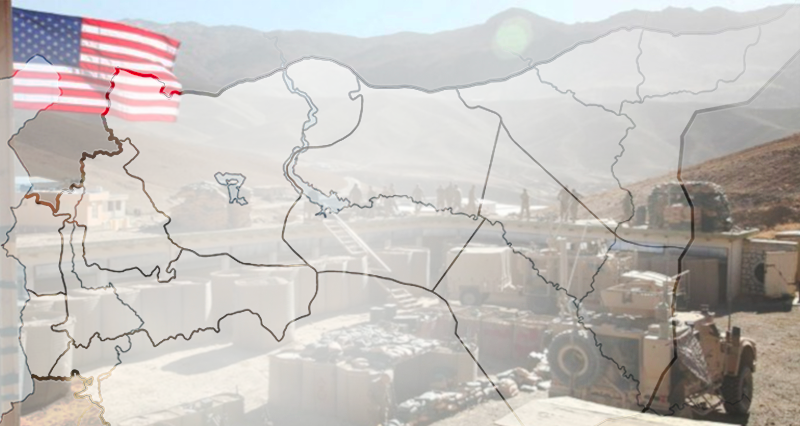West changes strategy
When war broke out in Syria in 2011, Western countries backed rebels, including outright terrorists and extremists. However, as the years have shown, Bashar al-Assad’s regime has proven to be very resilient. Moreover, the Western attack on him has led to the strengthening of Turkey, Iran and Russia in the region. A Russian military base in the Mediterranean Sea is the last thing the U.S. and NATO countries would want, but that is exactly what they have achieved with their policies in Syria.
While Turkey continues to support the rebels in Idlib, the West and its allies are gradually changing their attitude towards the regime in Syria. The gradual re-establishment of ties between Syria and U.S. Arab allies, including the UAE (which has opened an embassy in Damascus several years ago), as well as Egypt and Jordan, is evidence of this.
In the Western media, an anti-Turkish one is replacing the anti-Syrian narrative. For example, authoritative publication Foreign Policy recently published an article titled „Rebel-Held Syria Is the New Capital of Global Terrorism“ that questioned Turkey’s efforts to de-radicalize Idlib. The area in Syria, which is under Turkish control, has been called a stronghold of global jihadism. The hidden message of the piece is that we need to form an alliance with Assad against Turkey, which allegedly supports terrorism. https://foreignpolicy.com/2022/02/15/syria-idlib-qaeda-isis-biden-assad-terrorism/
A month before that, Anchal Vohra wrote in the same magazine explicitly about the need to lift sanctions against Syria.
In January, Adam Lammon of the National Interest also voiced support for “new U.S. policy that sees Syria readmitted into the regional fold.”
This same point is made even more bluntly by Modern Diplomacy. In the article „The Case for Normalization with Syria“, their author Dylan Motin states that “it appears sensible to the United States and other Western states to re-establish relations with Syria and end the sanctions that are hurting the Syrian people.
The author is not shy about specifying the goals of such rapprochement:
“Normalizing relations with Damascus would decrease Iran’s sway over Syria and the Middle East at large.” He adds “working with Damascus would loosen Russia’s grip over Syria,” and concludes, “the West needs a functioning Syrian state to counterbalance Turkey’s expansionism”.
Networks of Influence
Syrian Prime Minister Hussein Arnous said in an interview on January 3 that Syrian government ministers “are visiting countries we could not visit before”.
Despite being on EU sanctions lists, Syrian ministers are visiting Europe. Most likely, this is about active contacts of the EU, the UK and the US with the Syrian elites. The aim is to return influence over Syria by promising the lifting of sanctions. It is assumed that this will reduce the influence of Russia and Iran. However, this normalization could hit hardest Ankara, which supports the armed opposition in Idlib. Western analysts do not hide the fact that the strategy of rapprochement with Syria is aimed against Turkey, which the U.S. and its European allies, especially France, consider a threat to their hegemony in the Eastern Mediterranean.
Unlike Turkey, Western countries, despite the conflict with Syria, have maintained informal networks of interaction. In particular, there are such agents of influence in the entourage of Asma Assad, the wife of the Syrian president. Now these networks can be used to the maximum extent in the interests of the West.
A dangerous rapprochement
Of course, it is unthinkable for Syria and its president to surrender to the West. However, the West is good at manipulation. Regime change, even a coup d’état, can be launched under the pretext of normalizing relations. Over all these years, the West has demonized Bashar Assad in the first place. If he is removed from power and any other representative of the current Syrian elite sits at the head of the country, it can be presented as a step towards “democracy,” without any real reforms.
Not only Turkey or Russia and Iran will lose, Syria itself will lose with no real change for better.

















Leave a Reply